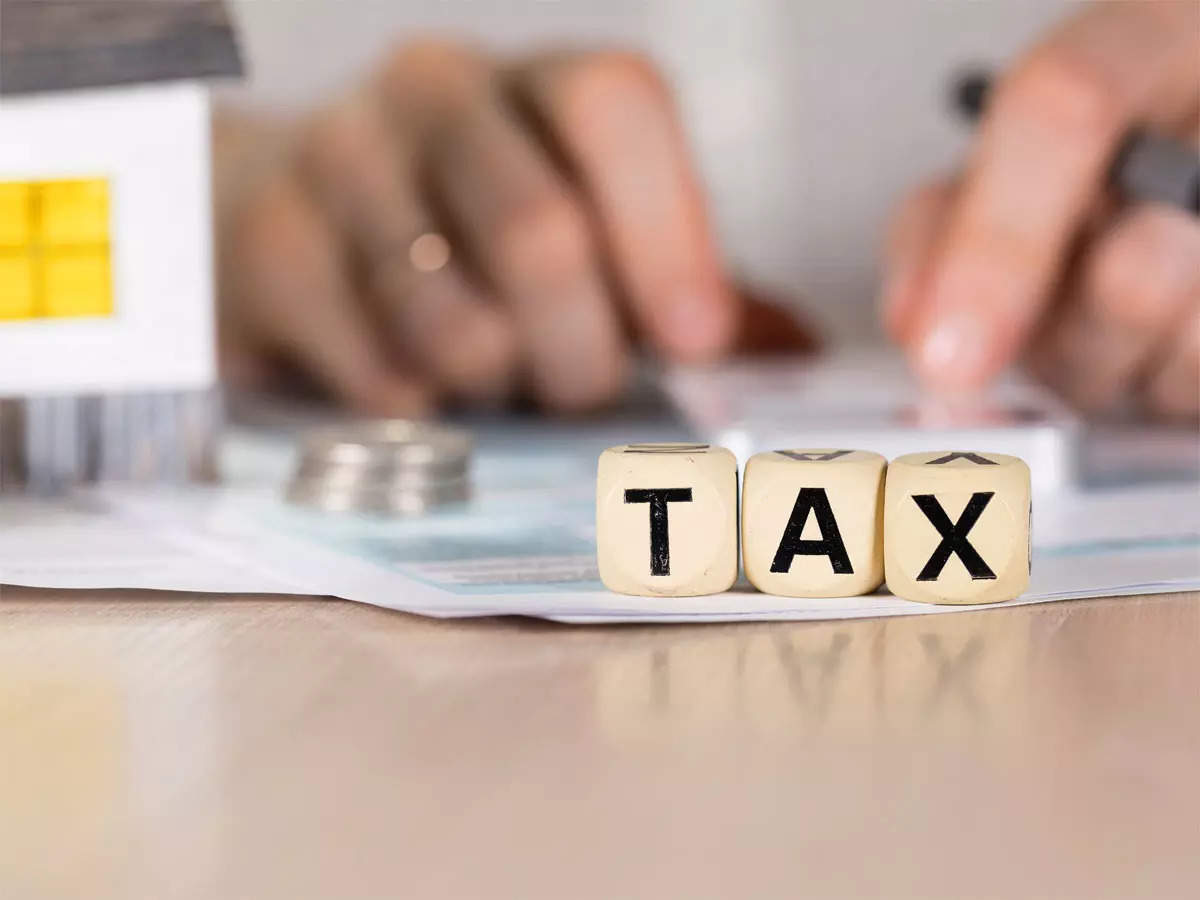
ITR: Every individual including salaried employees is required to pay advance tax. Those whose tax liability for the year is more than Rs 10,000 have to pay advance tax. For salaried employees, employers usually deduct advance tax from their monthly salary and deposit it with the tax department.
The limit of Rs 10000 or more is arrived at after deducting all tax credits like TDS/TCS/Foreign Tax Credit/Section 89 relief etc. from the basic estimated tax liability. In such a situation, some things should be kept in mind regarding advance tax.
Advance tax payment rules for salaried individuals
Tax on salary is deducted through the employer, so there is no need to worry about advance tax. However, one thing to note is that when there is a change in employment during the year, there is a high possibility that the new employer may have calculated the tax incorrectly without having any information about the previous employment. And tax has been deducted on that basis.
In this case the individual is advised to check the tax calculation and inform the new employer. If they are not deducting tax as they should, the individual can take matters into their own hands and pay the tax themselves to avoid interest on non-payment of advance tax.
Advance Tax Payment Rules for Professionals
Professionals who are opting for presumptive taxation will have to pay the entire amount of advance tax within 15th March of the relevant financial year, while advance tax will have to be paid on quarterly basis as applicable to all other assessees.
Advance tax payment rules for NRIs
The provisions of advance tax apply like other resident taxpayers. If the estimated tax liability of an NRI for the year is Rs 10,000 or more then he will have to pay his advance tax.
Advance tax payment rules for senior citizens
A senior citizen who is a person aged 60 years or more during the financial year and does not have any income from any business or profession is not required to file advance tax.
Penalty
Any shortfall or omission in paying any installment of advance tax will increase the interest burden for the taxpayers. Along with this, Section 234C imposes an interest of 1 percent on the reduction in the installment amount for every month of delay in payment. Margin up to 10 percent is allowed on the total tax.
This means that if taxpayers pay less than 90 per cent of the assessed tax within the deadline, as per section 234B the taxpayer will have to pay 1 per cent interest for each month in the assessment year, until the shortfall and Delays will continue. It should be noted that some part of the month is also counted as the whole month for calculating interest.
important dates
- 15% advance tax has to be paid on or before 15th June of every financial year.
- On or before 15th September, 45% of advance tax (minus tax already paid) has to be paid.
- On or before 15th December, 75% of advance tax (minus tax already paid) is payable.
- 100% of advance tax (minus tax already paid) is payable on or before 15th March.